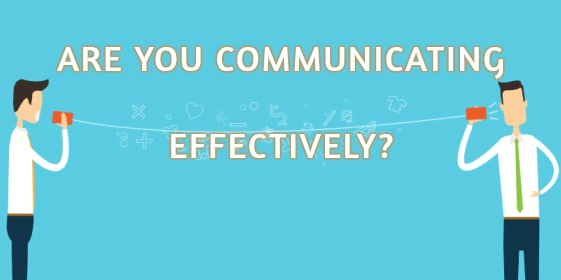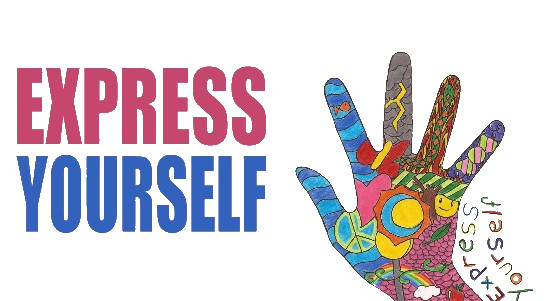How to communicate effectively
How to communicate effectively?
One of the key skills you should master in order to be successful in life is “Effective communication”. It is the base of any lasting relationship, whether professional or personal. Most of you believe that communication is about choosing appropriate words in the right way and saying what the other person expects you to hear, but the reality is that there is so much more to it.
Communication can be in many shapes of negotiation, and navigating them in the right way can help you relate better with others, i.e., finding fulfilment in all corners of your life. Mentioned below are a few methods that can help you in communicating better with those in your surroundings:

Engaged listening:
The way you choose to deliver your messages matters a lot! And equally important is “how well you pay attention toward receiving the interlocutor’s message”. Genuine listening is the key to effective communication, which requires essential aspects of:
- Centering your focus on the speaker.
- Not interrupting the speaker.
- Leaving your judgemental side aside.
- Presenting your interest in the second person’s message by adding brief comments like “ I understand” or “ yes”.
- Asking questions (if needed) to ensure that you have fully understood.
You do not have to speak just the words; the facial expressions and the gestures play an important role in delivering the real message. If you keep this in mind while negotiating, it will help you to communicate better.

Expressing yourself:
Communication is all about expressing yourself. It is about sharing your feelings and thoughts with others in an open and honest way. You may assert yourself, i.e., you can stand up for your beliefs, keeping respect for the opinions of others.
Being assertive does not mean being demanding or hostile. It is more about respecting your values, your needs and yourself. Knowing when and how to say a “No”, knowing how to deliver something unexpected positively and being open to receiving criticism in a productive way.

Attention toward non-verbal signs:
While communicating with each other, we do not use mere words; instead, mostly we use body language, including facial expressions, gestures, eye contact, voice tones, and even breathing, to deliver our message.
That is why we should learn to spot the non-verbal signs and how to use them properly for sending your message accurately. Learning to use and read body language will help you establish and connect in relationships in a better way because people would like to communicate with you if they will find you a caring and understanding person with having good listening temperament.

Controlling your emotions:
Often, when we are touched by some sensitive subject, our conversation gets mixed up with our emotions. In such a situation, we sometimes forget the point of our conversation, which leads to an unpleasant situation, making us say things that we regret later.
Strong feelings like stress and love cloud our minds, making us unable to think rationally in conversation. In such situations, management techniques of handling emotions can help us in returning to a rational and relaxed state, enabling us to engage with others retaining our cool!
Making intentional Language choices:
The words we select to use in our speech have a huge impact on the message we want to convey, and these words determine our effect upon others. For example, if you are a team leader and want to inform your team about your participation with them, use pronouns like “we” and “us” while speaking. In this way, they will take themselves as a part of the team and not as an individual part of the company. In short, words have a lot of power if you carefully choose when and how to say them. You can go through different related techniques and approaches available on the internet to get help in this regard, so you can boost up your capability of leveraging the power of words in any negotiation or conversation.



